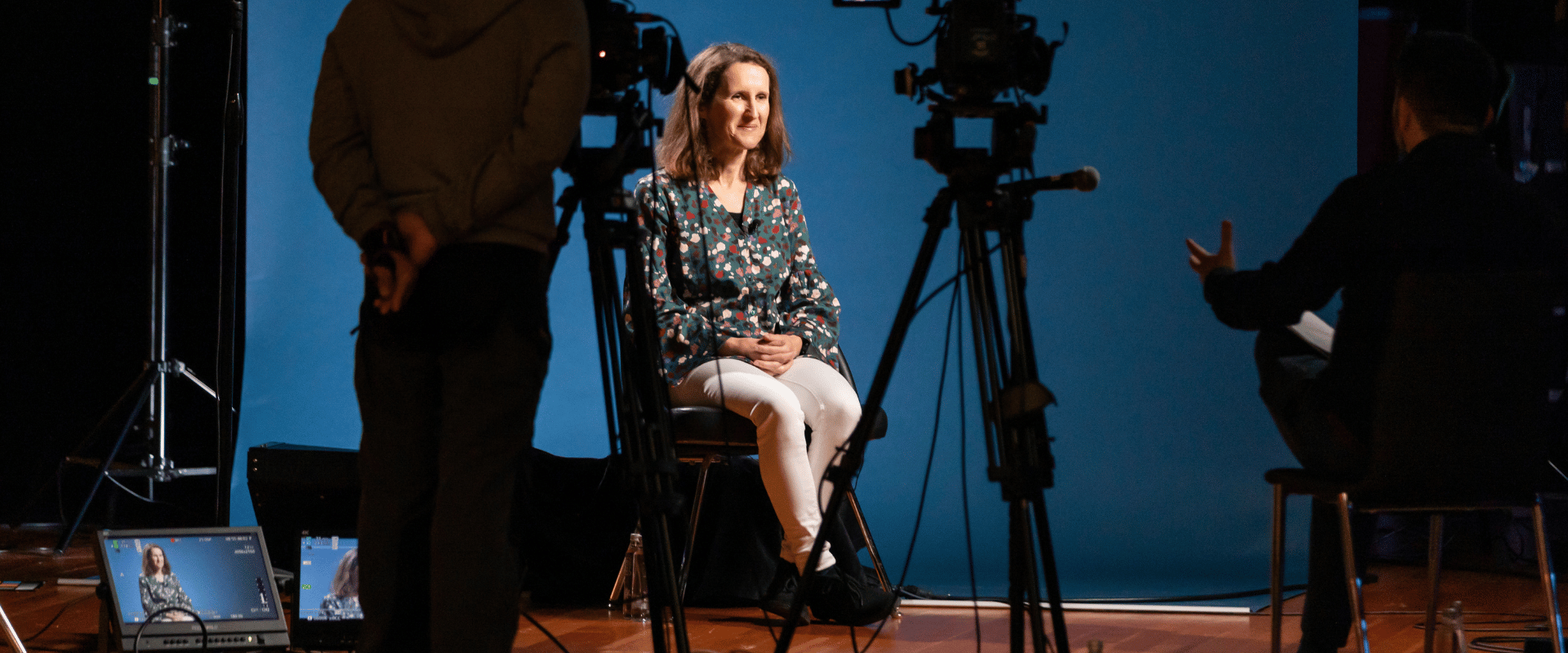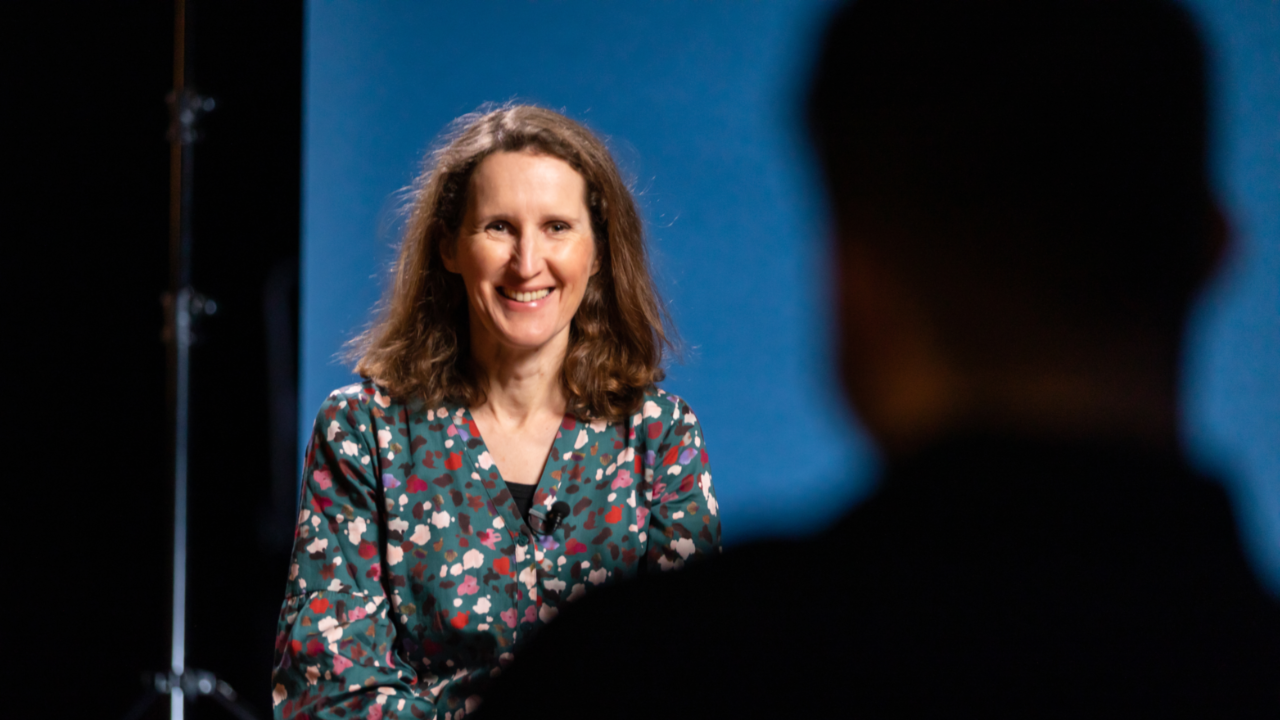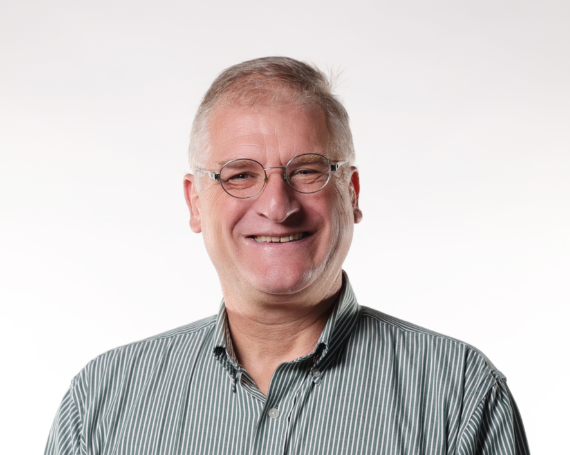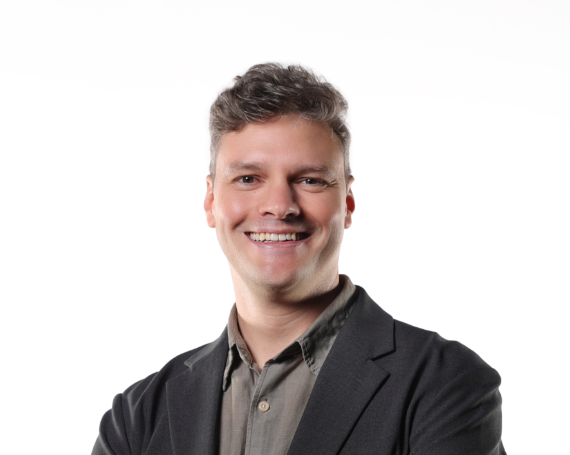
Deanna Lacoste
Associate Professor of Mechanical Engineering

She now finds herself at the cutting edge of research, developing technology for the engines of the future.
Primed for Detonation: Engineering the Future of Energy
When Professor Deanna Lacoste first heard about KAUST, she was working as a research scientist at Centre National de la Recherche Scientifique (CNRS) in Paris. In 2013, while attending a conference, she learned of the “amazing research” being conducted by the shores of the Red Sea and became very interested in becoming a part of it. Up to that point, her academic career had played out entirely in her native France, having completed two master’s degrees, a Ph.D. and a postdoc at a variety of esteemed universities before she joined CNRS. Intrigued by the prospect of a move to Saudi Arabia, her interest grew into determination; she began contacting people at KAUST “to see what was going on,” and in under a year she had joined the faculty.
At KAUST, Lacoste’s research is concentrated in two similar but distinct areas. The first is combustion, which involves working with flames to understand, “how we can burn stuff in the best way possible;” the second is plasma physics, which combines flames with electrical current, and explores the utility of the resulting plasma for application in industry. In particular, she and her team are currently “really excited about trying to understand explosions,” and this excitement is plain to see in the way Lacoste speaks about her work. The energy produced by explosions is often regarded as something negative or destructive, but they are intent on harnessing it “in a positive way,” in what’s fittingly called: a detonation engine.
Her passion for this subject was first sparked when Lacoste was just a child, through a fascination with motorcycles. She learned how to ride them, and even raced them for a time, but she concedes that she “was not fast enough to become a professional rider.” Fortunately, her interest extended to the mechanical aspects of racing, and after working as a race engineer, she became “more curious about what was happening inside the engine.” Few would chase that curiosity to Ph.D. level, but that’s exactly what Lacoste did, and she now finds herself at the cutting edge of research, developing technology for the engines of the future.

While the advancement of this technology is sure one day to delight motorcycle enthusiasts and other thrill seekers all over the world, that is far from the purpose of this research. A huge part of Lacoste’s work is about helping humanity move away from fossil fuels, and so, detonation engines are being developed to run “mainly on hydrogen, or carbon-free fuels such as ammonia.” Using hydrogen as fuel in an engine, however, presents a number of challenges, the first being how reactive it is. “We need to learn how to better control the way we are extracting energy from hydrogen,” Lacoste says, which will help to maximize not just efficiency, but safety. And therein lies the second challenge: convincing humanity that using hydrogen as a fuel is not something to be feared.
Lacoste is truly engaged in finding solutions to these global challenges, as well as any others that arise along the way. She is motivated by her passion for the science and the prospect of discovery, but also by the opportunity she has to train the next generation. “More than 80% of our students,” she explains, “after spending a few years in the lab, will go back to industry.” Lacoste has a duty therefore, as she sees it, to ensure that all her students approach their work with an open mind, so that “they can embrace new technology and new science to make progress for our society.” At KAUST, she has found a place where she can achieve these goals, and Lacoste encourages anyone who’s just hearing about the University to start paying more attention: “if you are interested in what’s coming next, you really need to look at KAUST,” she concludes, earnestly, “because this is where great things are happening.”


